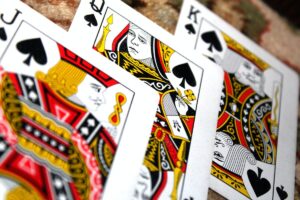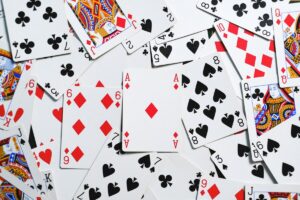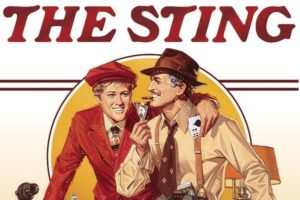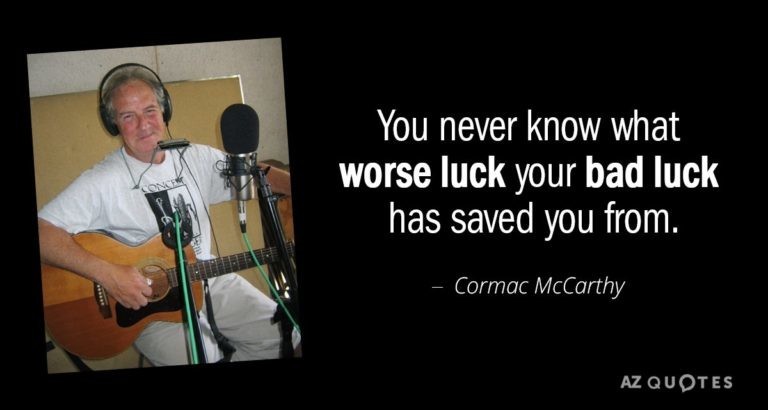 The late Fouad al-Zayat, who died in Lebanon in 2018 at the age of 77, was a Syrian-born businessman, known in casino circles as the ‘Fat Man’. A prolific, but secretive, gambler, the twenty-stone billionaire regularly frequented Aspinalls Club in Mayfair, in the West End of London between 1994 and 2006. Initially, al-Zayat gambled tens, or hundreds, of thousands of pounds in a single visit but, towards the turn of the century, satisfied the definition of a high roller, or ‘whale’ in casino industry parlance, by raising his stakes to a million pounds, or more, in a single visit.
The late Fouad al-Zayat, who died in Lebanon in 2018 at the age of 77, was a Syrian-born businessman, known in casino circles as the ‘Fat Man’. A prolific, but secretive, gambler, the twenty-stone billionaire regularly frequented Aspinalls Club in Mayfair, in the West End of London between 1994 and 2006. Initially, al-Zayat gambled tens, or hundreds, of thousands of pounds in a single visit but, towards the turn of the century, satisfied the definition of a high roller, or ‘whale’ in casino industry parlance, by raising his stakes to a million pounds, or more, in a single visit.
All told, in a twelve-year period, al-Zayat gambled £91.5 million at Aspinalls, losing £23.2 million, or 25% of his stake money. However, in March, 2000, al-Zayat drew four house checks for £500,000 apiece and lost all £2 million playing blackjack. He subsequently cancelled a cheque for £2 million, following a row over a croupier and, in 2006, Aspinalls sued him for that amount, plus £50,000 in costs. Initially, al-Zayat was ordered to repay the debt, but successfully appealed to the High Court on the grounds that Aspinalls had allowed him to defer payment for twelve months and, thereby, effectively allowed him credit that was illegal under the Gaming Act. The High Court judge agreed and the original ruling was overturned, effectively wiping out the debt. In 2015, al-Zayat was tried in absentia, convicted and sentenced to life imprisonment for bribery in Greece and, at the time of his death, was also wanted for fraud in Cyprus.
 Blackjack, a.k.a. ‘twenty-one’, is a card game in which the aim is to outscore the dealer, or have the dealer ‘bust’ by having a points total exceeding twenty-one. The name ‘blackjack’ was derived from a bonus historically paid to players dealt the jack of spades or the jack of clubs and the ace of spades, but nowadays the term is used to describe any court card or ten and an ace, of any suit, dealt as the first two cards to a player during the game.
Blackjack, a.k.a. ‘twenty-one’, is a card game in which the aim is to outscore the dealer, or have the dealer ‘bust’ by having a points total exceeding twenty-one. The name ‘blackjack’ was derived from a bonus historically paid to players dealt the jack of spades or the jack of clubs and the ace of spades, but nowadays the term is used to describe any court card or ten and an ace, of any suit, dealt as the first two cards to a player during the game.
Blackjack is one of the most popular casino games in the world because it is easy to understand and offers a house edge of less than 1%, depending on the number of decks of cards – typically between one and eight – used in the game. Indeed, by using a set of rules, known as ‘basic strategy’, which describe the optimal way to play any hand, skilled players to reduce the house edge to around 0.5%.
In casino blackjack, before any cards are dealt, each player places one or more bets, depending on how many hands they wish to play at a time, in the designated area in front of them. Each player hand receives two cards, face down, while the dealer hand receives two cards, one of which, known as the ‘upcard’, is dealt face up. With the exception of blackjack, which outranks all other 21-point hands, the value of a hand is the sum of the individual cards; aces count as 1 or 11, court cards count 10 and all other cards count as face value.
Players may stand pat with their cards or draw one or more additional cards, but if total value of any hand exceeds 21, the hand ‘busts’ and the bet loses. Other options include doubling a bet, in return for one, and only one card, splitting a pair into two individual hands and surrendering a hand, which results in losing half, but only half, of the money staked on it.
 Featuring an all-star cast, headed by Paul Newman, Robert Redford, Robert Shaw, ‘The Sting’ is a stylish, meticulously detailed crime drama film, released by Universal Pictures in 1973. Set in Depression-era Illinois, principally Chicago, ‘The Sting’ was directed by George Roy Hill,who had previously directed Newman and Redford in ‘Butch Cassidy and the Sundance Kid’ four years earlier.
Featuring an all-star cast, headed by Paul Newman, Robert Redford, Robert Shaw, ‘The Sting’ is a stylish, meticulously detailed crime drama film, released by Universal Pictures in 1973. Set in Depression-era Illinois, principally Chicago, ‘The Sting’ was directed by George Roy Hill,who had previously directed Newman and Redford in ‘Butch Cassidy and the Sundance Kid’ four years earlier.
Seeking to avenge the murder of his partner Luther Coleman (Robert Earl Jones), petty swindler Johnny Hooker (Redford) heads to Chicago to seek out fellow grifter Henry Gondorff (Newman). Together, they perpetrate an elaborate hoax – the ‘big con’ – with the intention of financially ruining
criminal overlord Doyle Lonnegan, whose henchmen were responsible for the death of Luther Coleman.
Resurrecting an obsolete scam, known as ‘The Wire’, and aided and abetted by a cast of characters, not least bogus tipster Kid Twist (Harold Gould), Gondorrf and Hooker create a fake betting parlour and convince Lonnegan to bet $500,000 on a horse called Lucky Dan to win. Just before the supposed ‘off’, Twist informs Lonnegan that Lucky Dan will finish second and, as he attempts to retrieve his money, FBI agents raid the betting parlour.
Agent Polk (Dana Elcar) – who, unbeknown to the audience, is part of the con – tells Hooker he can leave and Gondorff, apparently betrayed by his partner in crime, shoots Hooker in the back. Polk shoots Gondorff and, in the commotion, Agent Synder (Charles Durning), a real FBI agent who has been pursuing Hooker since early in the film, ushers Lonnegan from the building. Once the coast is clear, Hooker and Gondorff rise, unharmed and smiling, to their feet and riotous celebrations begin.



